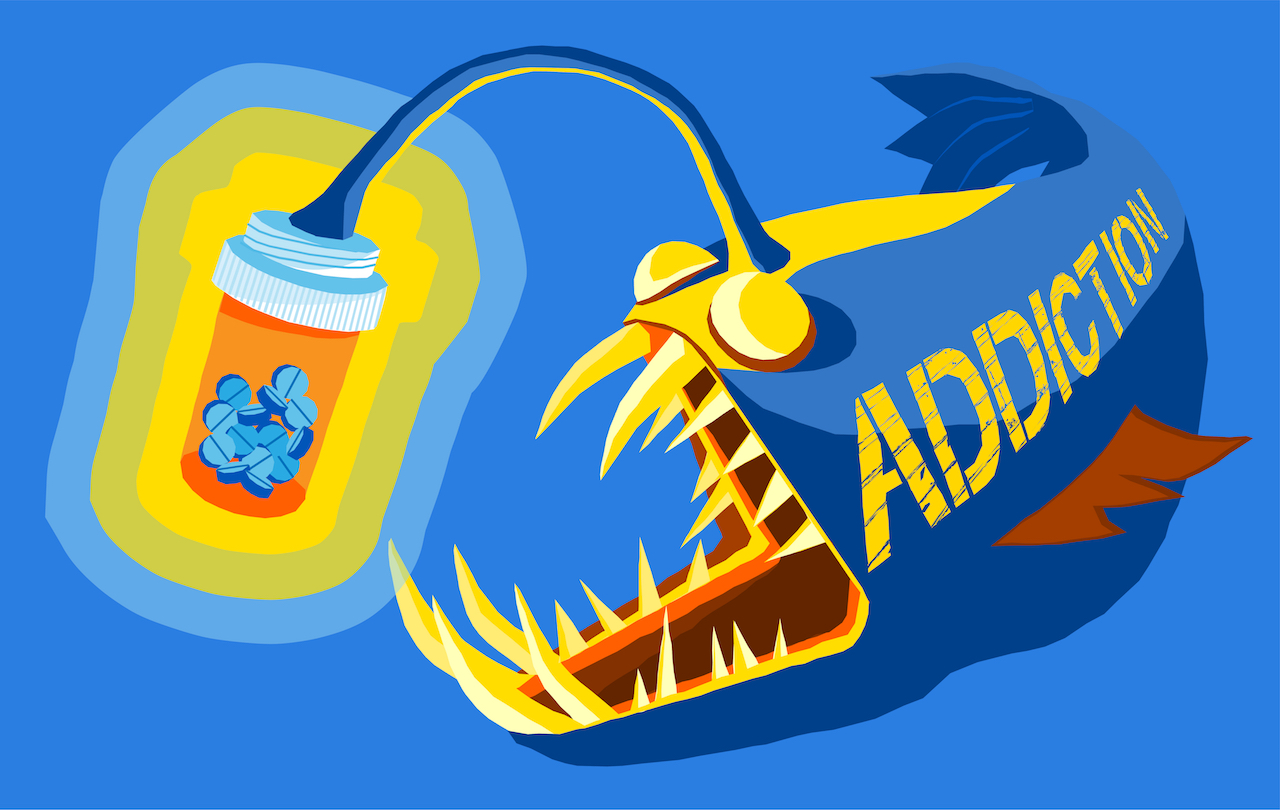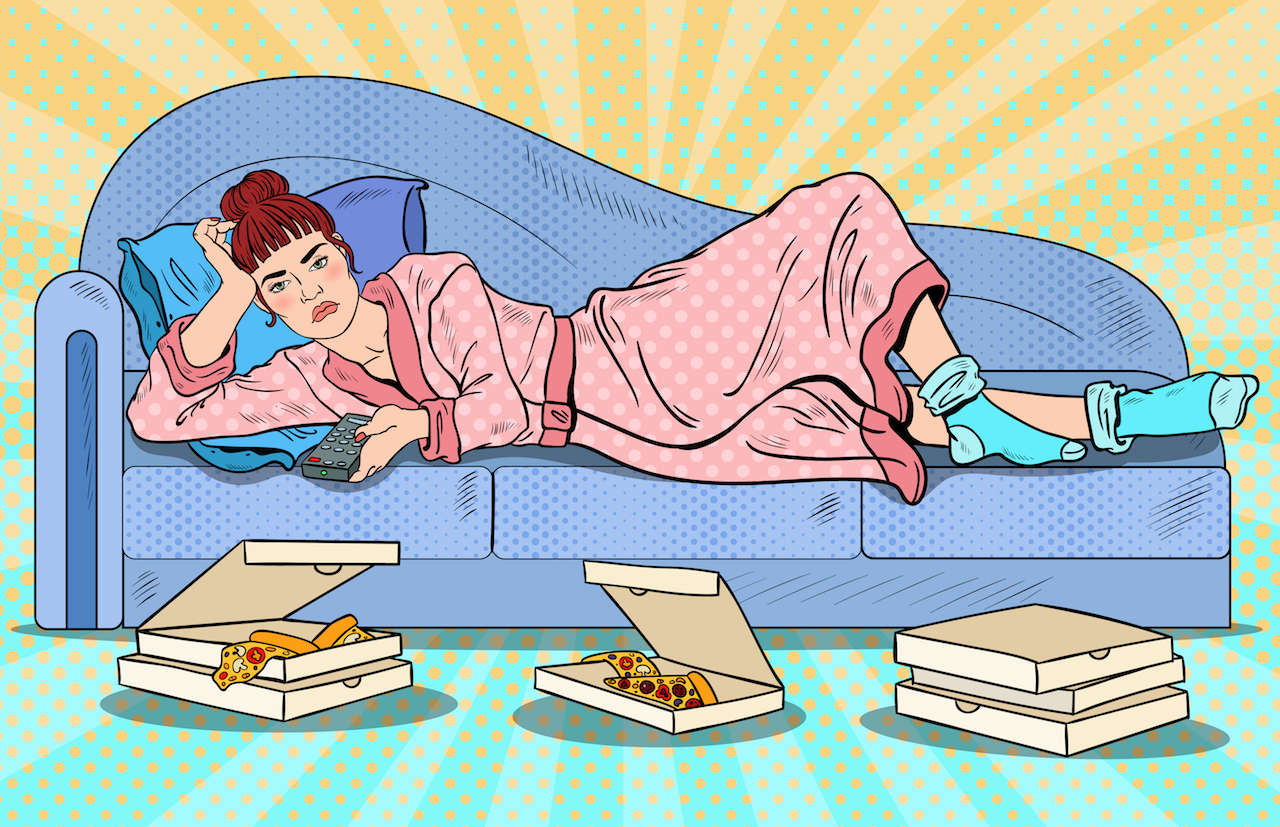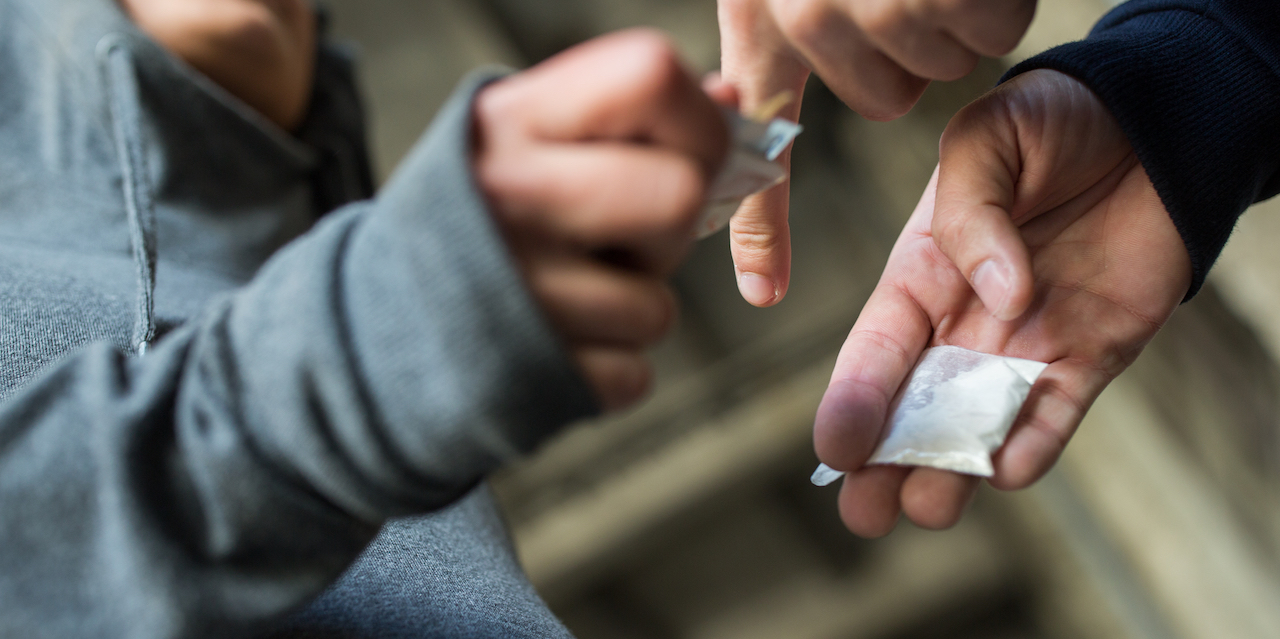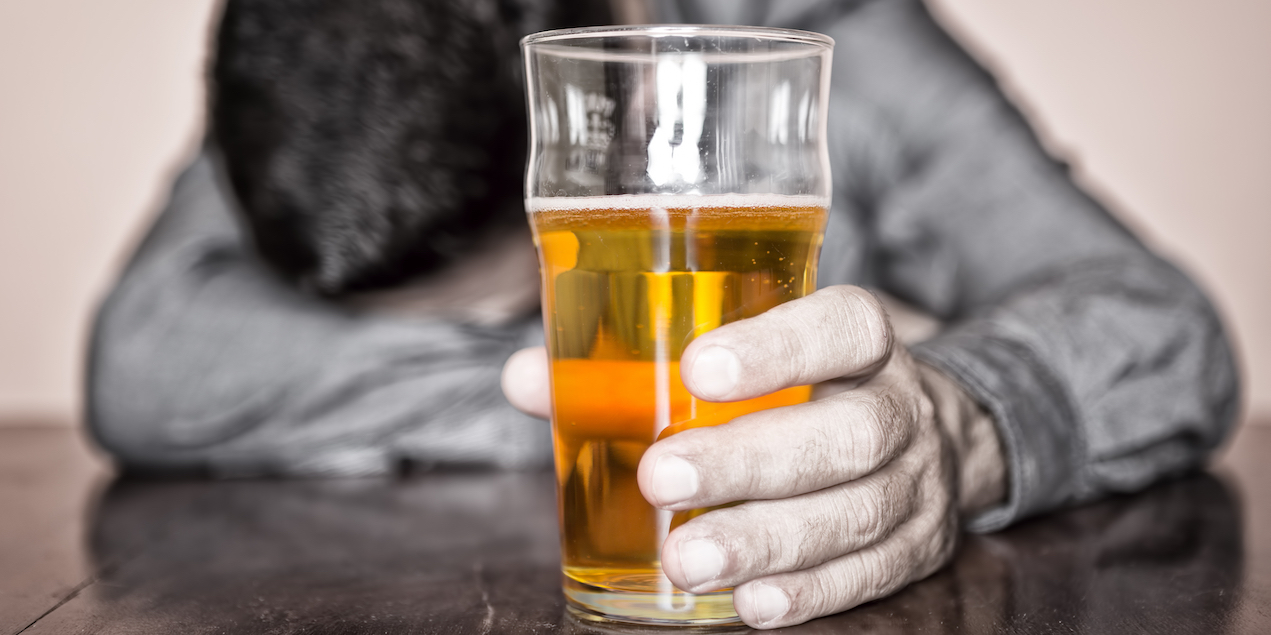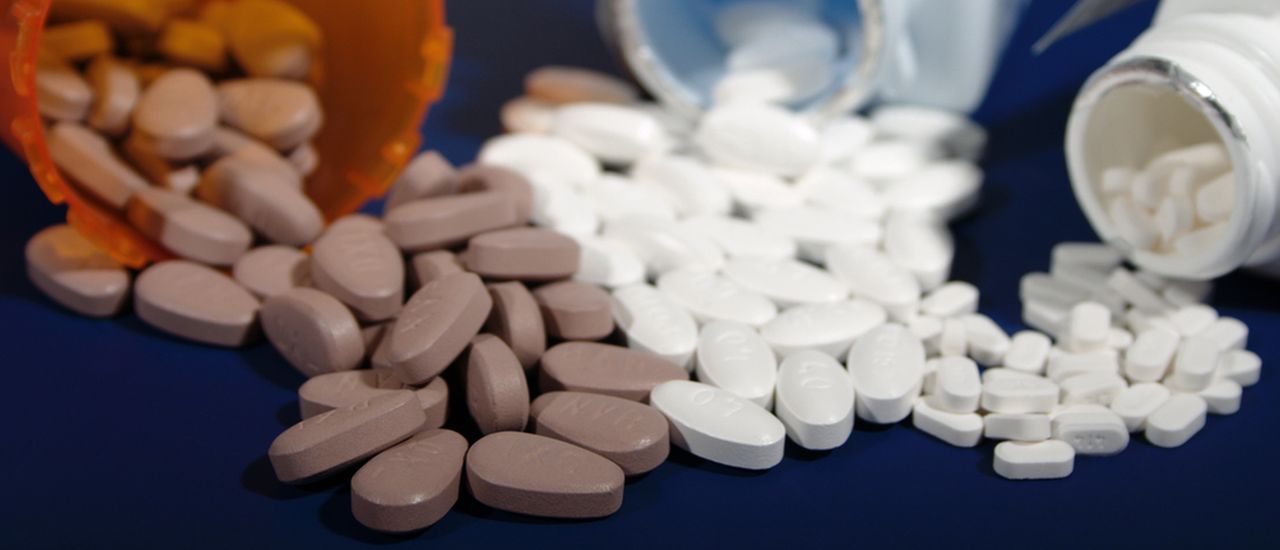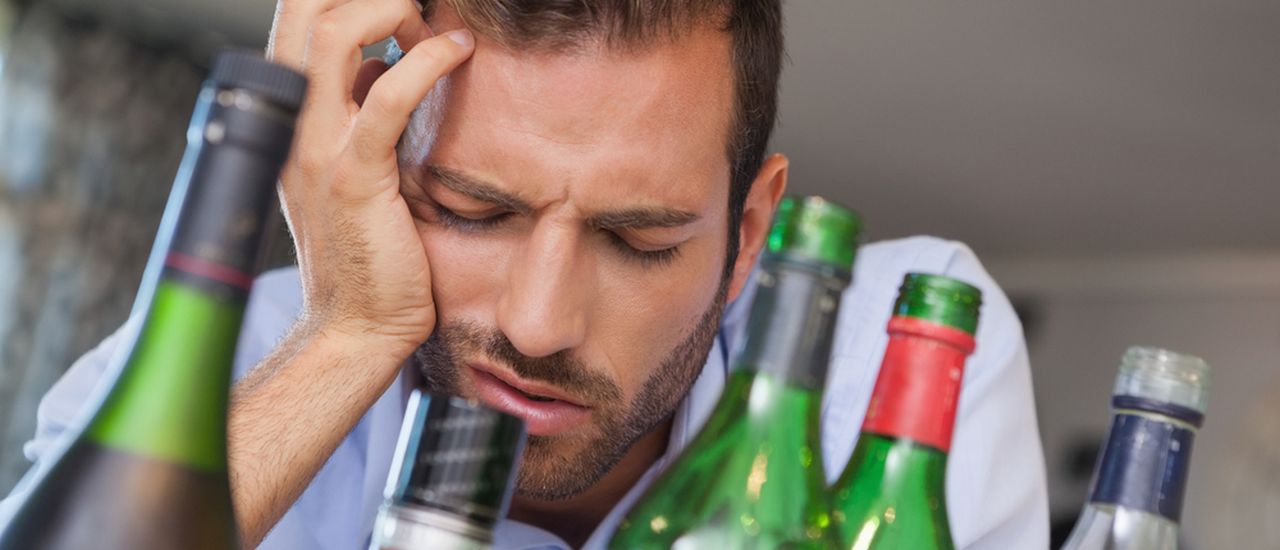When you think of a disease, addiction probably wouldn’t cross your mind, but it should.
Addiction is a disease of the brain and body which involves using substances or taking part in dangerous activities despite the negative effects. Like all diseases, if addiction isn’t treated, there are health-related consequences (for both the addict and their loved ones).
Drinking excessively and taking illegal drugs are the most common types of addictions, but there are many others.
Types of addiction:
Substance addiction is the compulsive use of drugs like cocaine, opioids, and prescription drugs like sleeping tablets, painkillers and inhalants. This also includes drinking and smoking (cigarettes and marijuana).
Impulse control disorders are when impulses cannot be resisted. This includes kleptomania (habitual stealing), gambling, pyromania (setting fires) and intermittent explosive disorder (obsessive aggressive acts).
A behavioural addiction is when someone engages in certain behaviour repeatedly, even if it causes themselves or others harm. Common ones include binge eating, having sex, self-harm, exercising, watching porn, using social media, playing video games and working.
Why willpower isn’t enough
Most addicts start out with wanting to relieve stress, feel good or escape from reality. Once they find a source for any of these, they may become addicted to it. Addiction affects the brain’s functions and disrupts the areas responsible for reward, learning, motivation, judgement and memory.
This means, if you have an addiction, you won’t be aware of how your addiction is causing problems. Even if it’s causing discomfort to others, the urge you have to get the pleasure from the activity or substance will control your behaviour.
Signs of addiction include:
- An inability to stay away from a substance or activity.
- Using a substance more often than in the past.
- Lying to your friends and family about your use of a substance or the extent of your behaviour.
- Abandoning commitments and relationships.
- Being antisocial so you can rather spend time with the substance of your choice (e.g., hiding out at home on weekends binge eating).
- Ignoring risk factors involved with your addiction.
The road to recovery
Addiction doesn’t just affect your wellbeing; it can also damage families, relationships, workplaces and neighbourhoods. Although it can be difficult for everyone, there are ways to cope and things you should keep in mind throughout the process.
If your loved one has an addiction:
Remember that you didn’t cause the addiction
It’s easy to start blaming yourself, but it’s not your fault. Even if you weren’t there for him 24/7, or if you used to drink with him or were rude to him at some point, you aren’t the cause.
Be a support system
The person will need help, especially during the recovery process. For example, if your loved one was an alcohol addict, you can show support by planning activities to distract him. Being available to listen and talk to him when needed is a big help, too.
Protect yourself
Your mental health is important, too. If your loved one’s addiction threatens your wellbeing in any way, get professional help or keep a healthy distance. Go for counseling through the recovery process if needed.
Approach with concern
If your loved one feels you’re blaming him for his addiction, he won’t react well. If you’d like to express concern about the addiction, do so with love and support. Tell him how his behaviour has changed your relationship and how you’d like to improve things. Offer your support, be positive and share that you want what’s best for him.
If you’re a recovering addict:
Continue your therapy sessions
It may be tempting to skip appointments or see your therapist less when you feel you’re coping again, but rather wait till you’ve been given the all-clear. Keep them updated on whether you’re having any withdrawal symptoms or other problems.
Create a safe environment
To heal, you need to feel secure at home. Get rid of addictive objects, for example, pornography if you’re addicted to sex. If you don’t trust yourself to clear out the triggers, ask someone you trust to get rid of them for you.
Ask for help!
Spending time with people who are supportive of your recovery will help you fight off addiction and stay healthy. Remember to create a routine that works for your recovery, but also be considerate of your friends’ and families’ time, too.
References
- https://addictionresource.com/addiction/loved-ones-and-addiction/
- https://www.psychologytoday.com/us/blog/why-cant-i-stop/201606/what-is-behavioral-addiction
- https://www.centeronaddiction.org/addiction/addiction-risk-factors
- https://www.healthyplace.com/addictions/addictions-information/types-of-addiction-list-of-addictions/
- https://www.recovery.org.uk/addiction/types-of-addictions/

